Busting tax and accounting jargon
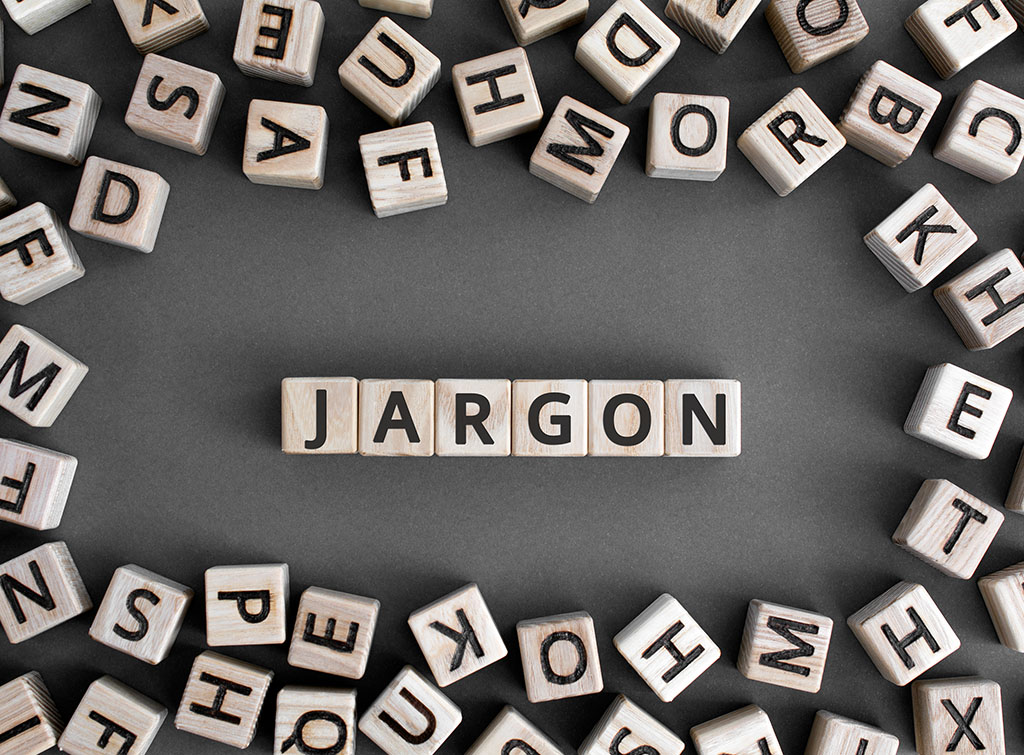
In this article, we'll cover:
Tradespeople can’t avoid dealing with financial matters. Whether you’re a sole trader, partnership or run a limited company, tax and accounting jargon are unavoidable.
For basic accounting terms and tax words, it’s helpful to have a handle on what they mean. That’s where our glossary of accounting jargon and tax terms comes in handy.
Here’s a selection of some of the most commonly used terms.
Tax jargon explained
Capital Gains Tax
You might have to pay tax on money you make from selling a business asset. Generally, it’s the difference between the price you paid for the asset and the amount you got for it.
Construction Industry Scheme
If you work in construction, then you’ll need to know about CIS. It’s a tax scheme that makes sure the right amount of tax is paid to HMRC from a subcontractor’s wages.
Corporation tax
This is the tax that all UK-based limited companies must pay on their profits. So you’ll need to understand corporation tax if you’re thinking of trading as a limited company.
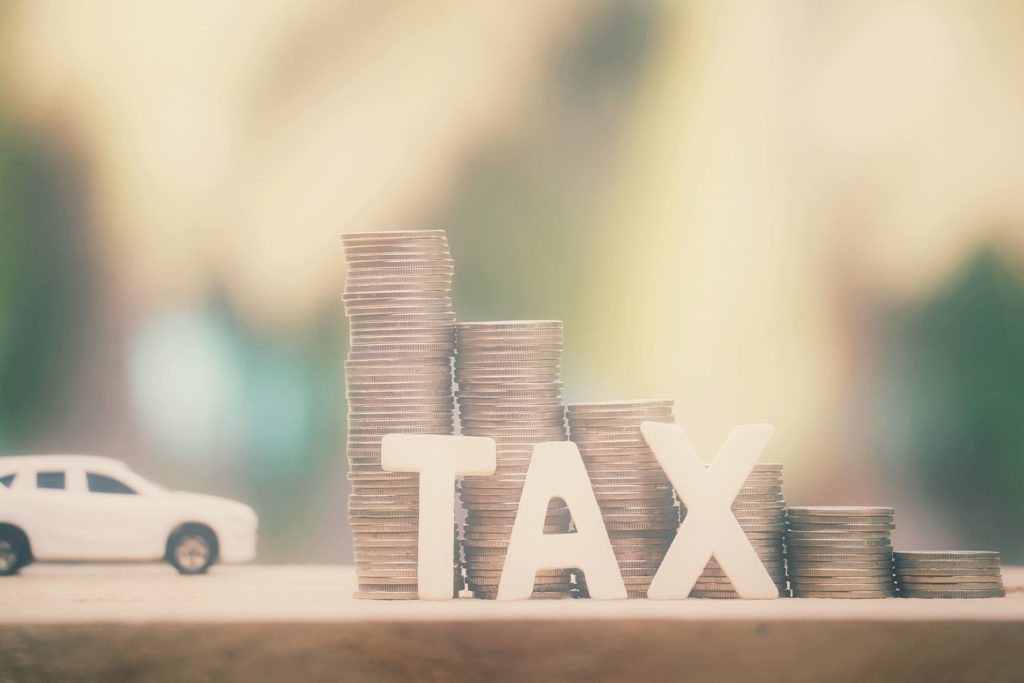
Earnings
In business, when you make money they are your earnings and you’ll probably have to pay tax on them.
Income tax
As soon as you’re earning, you’re likely to have tax to pay on your earnings. But only on amounts that exceed your tax-free allowance.
Inheritance tax
You could owe tax on your estate when you die. This can include money tied up in your trade business as well as assets such as property, money and possessions.
IR35
When you work as a contractor, you’ll need to be up to speed on IR35 rules. These are the ‘off-payroll’ rules HMRC sets for contractors. They are in place to make sure you pay similar income tax and National Insurance as employees of a business.
Making Tax Digital
HMRC has set up a scheme to streamline and simplify how businesses pay tax. As a tradesperson, you should find it easier and quicker to keep up with paying your tax.
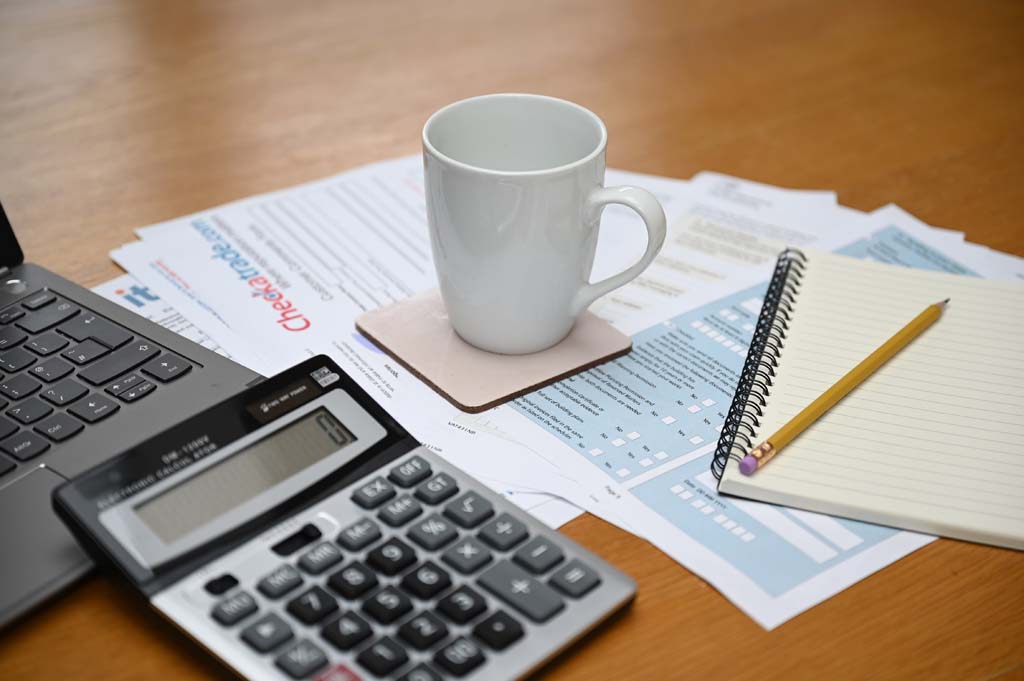
National Insurance
You’ll have to pay this tax on your earnings over the tax-free allowance and this contributes towards certain government benefits. Your NI payments go towards your basic state pension.
What you pay depends on HMRC’s different rates. These tend to change regularly, so it’s worth checking what they are every tax year.
P11D
HMRC wants to know what employment benefits employees receive. You fill in a P11D form with this information. You can receive a range of work-related benefits. They could include private medical care and company cars.
PAYE
PAYE stands for Pay As You Earn. If you’re an employee on a business payroll, then you’ll probably be on its PAYE system. This allows HMRC to make the relevant deductions before you receive your pay.
As well as income tax and NI deductions, other amounts may come off your pay. They could CIS deductions and student loan payments.
Personal allowance
Your personal allowance is the amount of income you can earn that you don’t have to pay tax on.
Penalty
If you are late paying the tax you owe you could be fined. HMRC also imposes penalties for non-payment of tax or errors in tax paperwork. For example, late filing of a self-assessment tax return incurs a £100 fine.
Bear in mind that the rules on penalties can change and be updated. So, it pays to keep up with the latest rules.
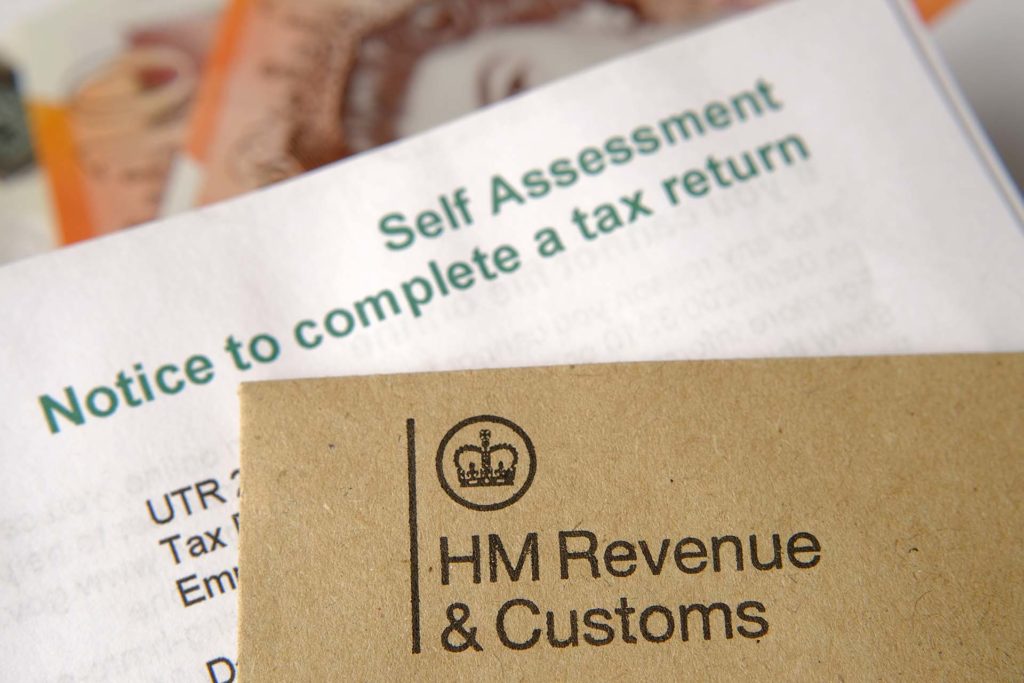
Self-assessment
The income tax you owe is usually declared on a self-assessment form. If you work as an employee for a business, then your income tax comes out of your wages via the PAYE system.
Tax code
HMRC will let you know the tax code of employees who are on PAYE. It tells you how much tax-free income you are allowed in each tax year as an employee. The tax code reflects your personal allowance amount plus any company benefits you receive.
Tax liability
If you owe tax to HMRC then it is called your tax liability.
Tax rate
Depending on how your trade business is set up, you’ll pay different tax rates. You’ll find out what tax rate you have to pay by seeing to how much you earn.
Tax return
For each tax year that you earn income, you will probably need to submit this document to HMRC. Your tax return shows how much you have earned and how much tax you owe.
Tax year
The tax year runs from 6 April to 5 April. Things like your personal allowance relate to the 12-month tax year.
UTR
As a tradesperson, you’ll need a Unique Tax Reference (UTR) number for paying the tax you owe.
VAT
Valued Added Tax is the tax added to goods and services sold by VAT-registered businesses. If your trade business is VAT-registered, you’ll probably pay VAT that is due quarterly.
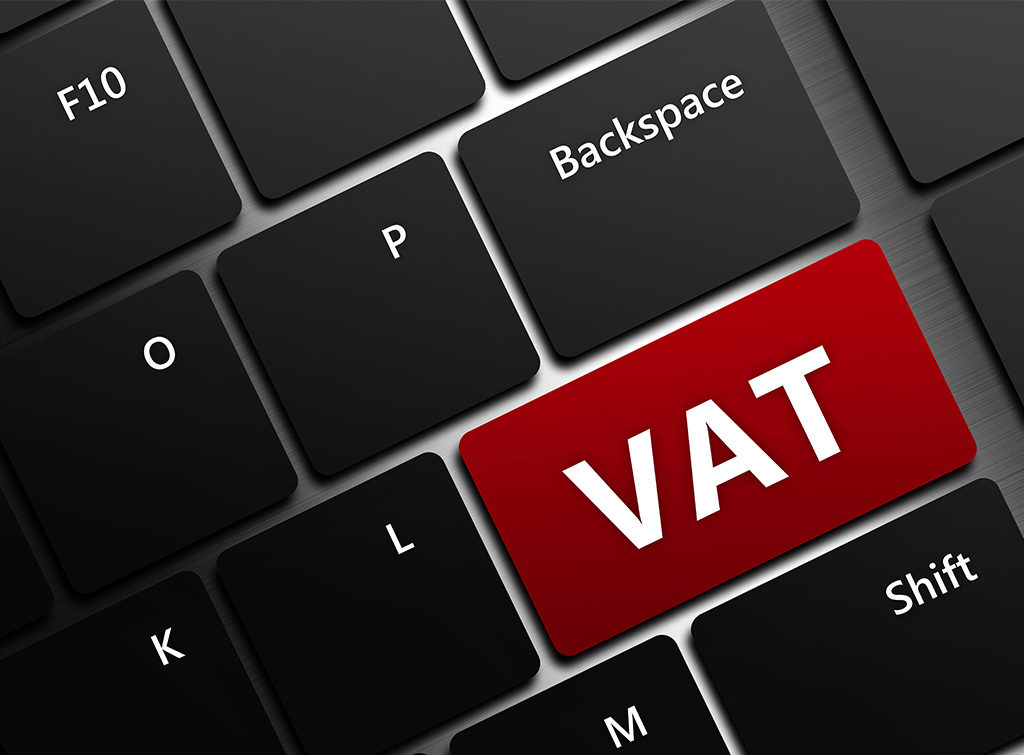
Accounting jargon made simple
Accounting period
When you set up your trade business you’ll need to decide on when your accounting year ends. The accounting period is used for preparing business accounts. This is usually 12 months and is also called your financial year. It can be more – or less.
For example, when you first set up your trade business its first accounting period is likely to be for a shorter or longer period. It is then likely to move to a 12-month accounting period.
Bad debts
If your customers don’t pay their bills then you’ve probably got a problem with possible bad debts. There are various actions you can take to avoid this happening.
Bookkeeping
When you run a trade business it pays to keep up-to-date financial records. Bookkeeping is the main way for you to keep accurate records of your financial transactions

Balance sheet
A balance sheet is a financial document showing what your trade business owns and owes on a given date.
Benefit in kind
You can receive benefits as an employee from a business in addition to your normal pay. These are known as benefits in kind. You might also know them as business perks.
Budget
A budget is a way for you to set out your planned income and expenses for a set period. You’ll probably find that it’s a great way to help you plan for financial success.
Business expenses
The general costs of running your business can be used to reduce your taxable profits. But remember, your business expenses must be ‘wholly and exclusively’ for business use.
Capital allowance
When you buy business assets there are certain tax deductions you can make against their costs. These are called capital allowances and they relate to your capital expenditure.
Capital expenditure
Buying business assets is a key part of running your business. This is known as capital expenditure.
Cash flow
You can use cash flow to measure the amount of money coming into and out of your business. There are plenty of ways you can improve your cash flow and these can help you make your business stronger.
It’s also helpful if you know the common cash flow problems to avoid.
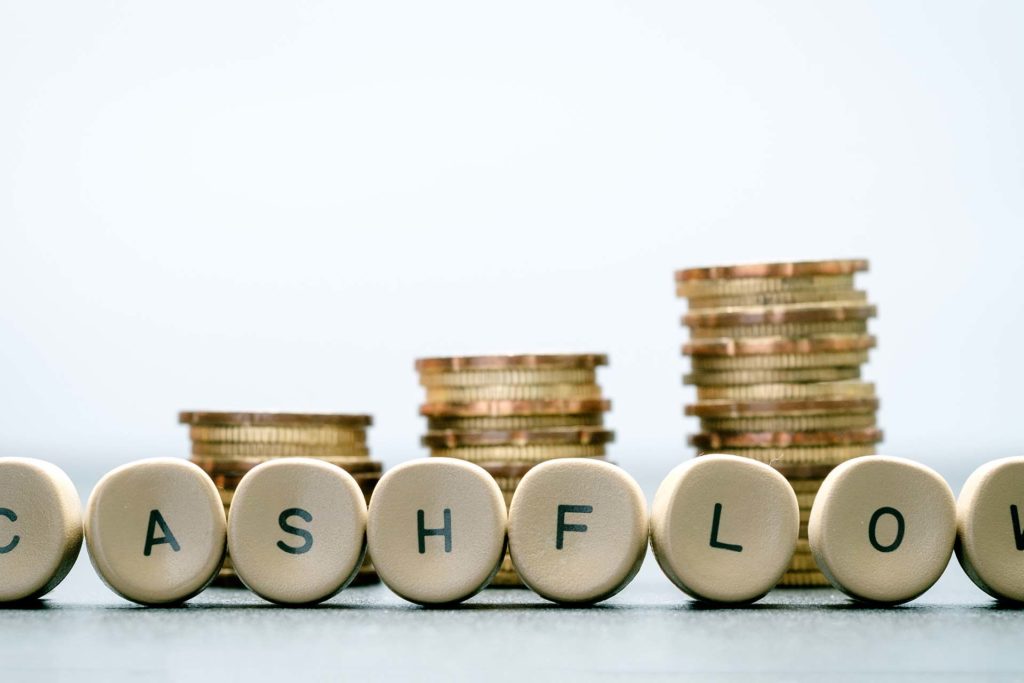
Creditors
When you run your trade business, at any one time you’re likely to owe people money. Creditors are other businesses, suppliers and individuals that you owe money to.
If you take out loans or other types of finance, then who you owe the balances to will also be your business creditors.
Debtors
As a tradesperson, there will be times when you are owed money. Debtors are the other businesses, suppliers and individuals who owe you money.
Depreciation
This is an accounting method to spread the cost of capital expenditure over its useful life. You can use depreciation to reduce thaa tax due on your trade business profits.
Dividends
If your business is a limited company then you can pay dividends to your shareholder. Shareholders are the people who have bought shares in your business, so they own part of it.
Incorporation
This is the process you follow when you set up your trade business as a limited company.
Invoice factoring
You can improve the cash flow of your trade business with invoice factoring. This is done by ‘selling’ your sales invoices to another company. The factoring company then pays you most of the money due up front and collects payments from your customers.
Leasing
This is an alternative to buying a business asset, like a van. You rent, rather than buy the asset. Different accounting and tax rules apply to the cost of leasing.
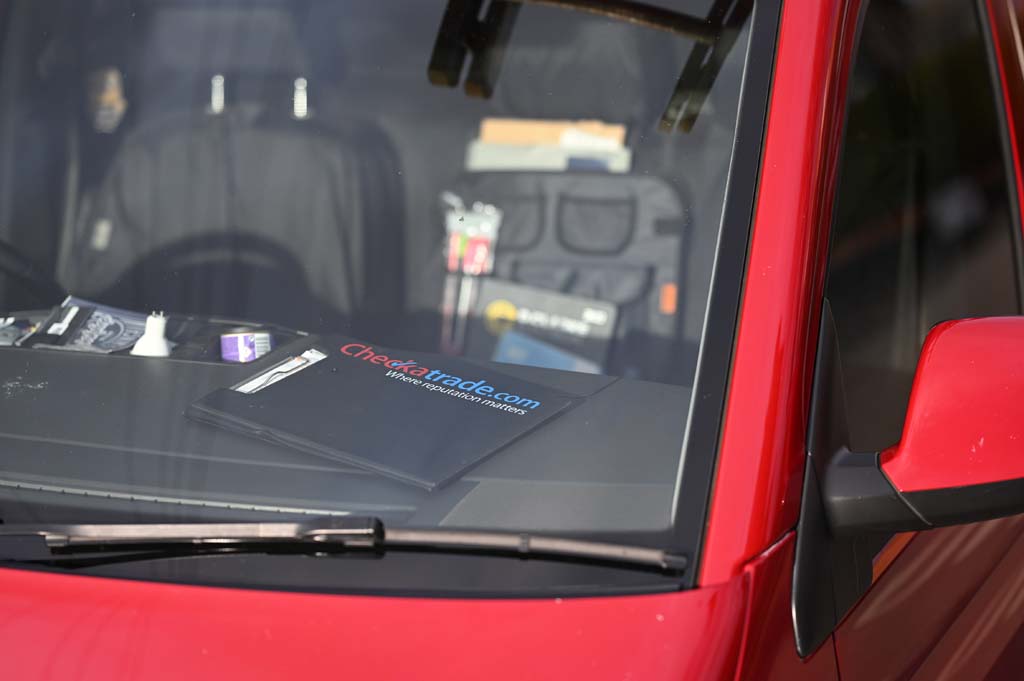
Overheads
Overheads are the business expenses you incur that don’t relate to what your trade business makes or sells. Typical business overheads include rent, rates, energy costs and administrative expenses.
Payroll
If your trade business has employees who you pay then they are on your payroll. Your business payroll is usually the PAYE system you use to pay employees.
Pricing jobs
There’s nothing worse than losing money on jobs. That’s why you need to make sure you price jobs correctly. This involves making sure the price you charge for a job covers all the business expenses related to it.
Profit & loss account
Your business profit and loss account is also called an income statement. This is a financial document showing your business income, expenses and profit (or loss).
Shares
If your trade business is a limited company it will issue shares to its shareholders. Shareholders buy a stake in a limited company. The shares are their proof of ownership.
Key takeaways
- Tax and accounting jargon can be complicated, but if you master some of the basic terms it can be easier to understand
- Always keep accurate and up-to-date business records to help with your tax and accounting requirements
- Make sure you pay your tax bills on time to avoid charges
- We always recommend that you speak with an accountant about your tax and accountancy needs.
Ready to take your business to the next level?
We can help you get there
DISCLAIMER
This is information – not financial advice or recommendation. The content and materials featured or linked to on this blog are for your information and education only and are not intended to address your particular personal requirements. The information does not constitute financial advice or recommendation and should not be considered as such. Checkatrade website is not regulated by the Financial Conduct Authority (FCA), its authors are not financial advisors, and it is therefore not authorised to offer financial advice.
Always do your own research and seek independent financial advice when required. Any arrangement made between you and any third party named or linked to from the site is at your sole risk and responsibility. Checkatrade blog and its associated writers assume no liability for your actions.
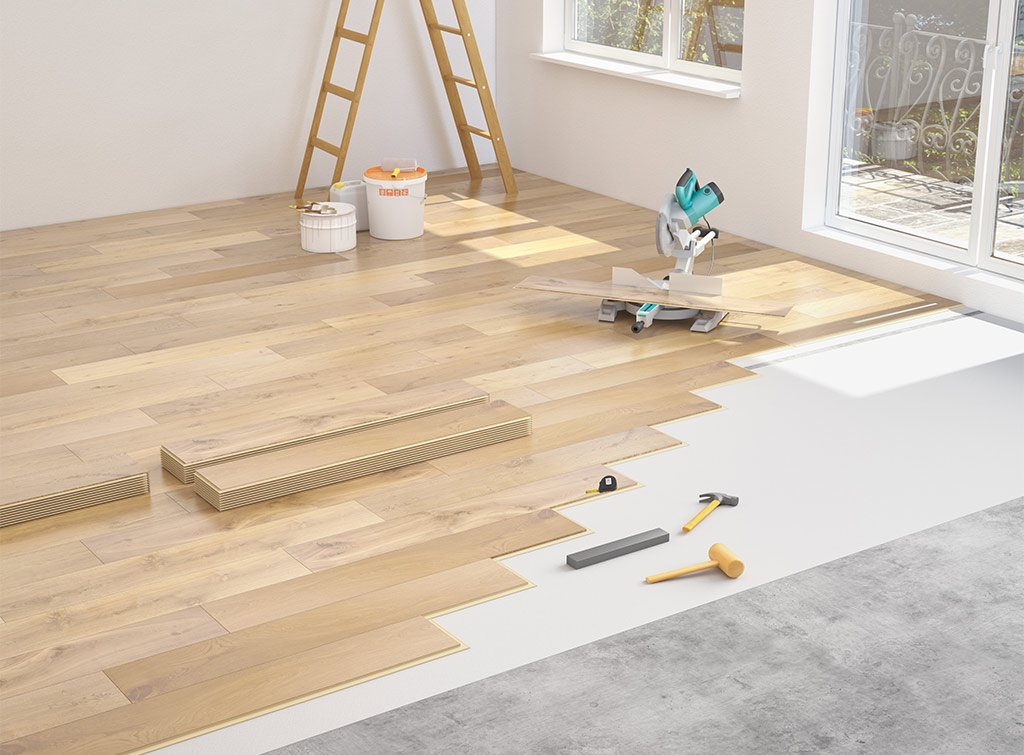
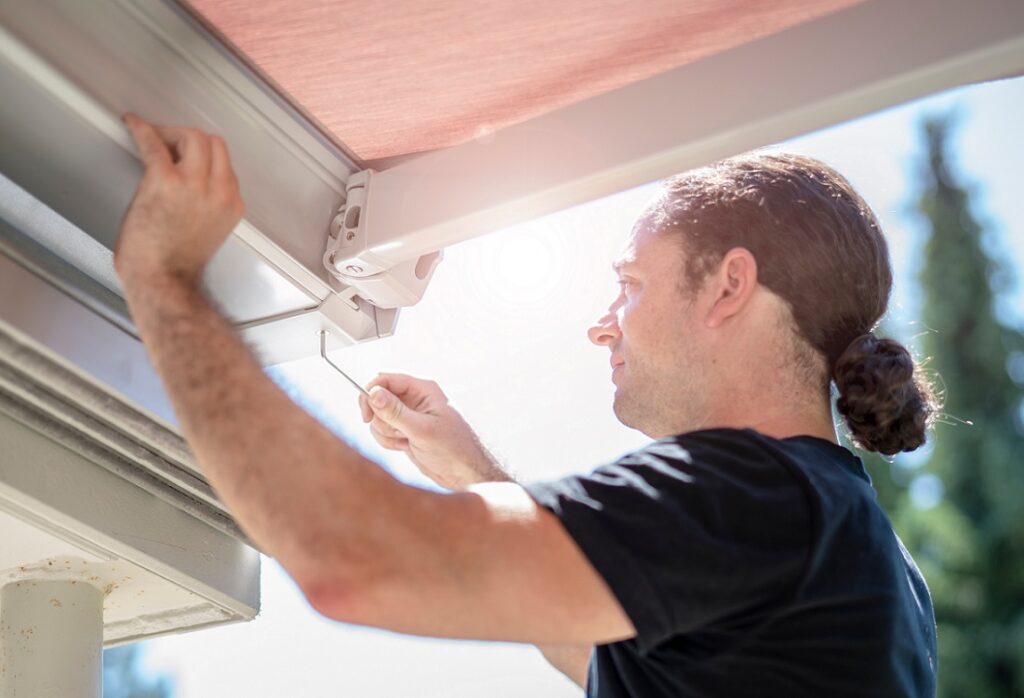

No comments yet!